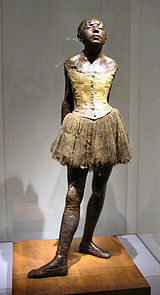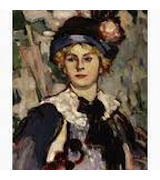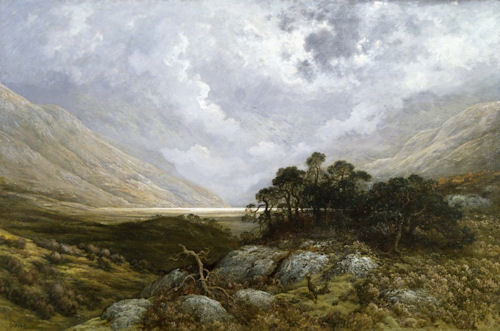




Question:— Is it necessary to assign categories in order to absorb and enjoy what we read, and watch, and listen to?
Answer: Definitely.
We're not shallow. We're selective. And if a book, film, or play told us everything about its subject, each offering would go on for thirty hours. It doesn't, because the genre itself furnishes most of the facts we need to know.
A dead body in a library? No need for lengthy exposition; we've been down that road often enough not only to predict the plot but to summon the requisite emotional reaction to fit the categoric theme: anticipatory amusement when dealing with comedy; sorrow and regret in (melo)drama; pleasurable speculation for a mystery; detached interest if police procedural; delightful vicarious fear in a horror setting.
And when we select material to read or watch, isn't our search precisely focussed on that emotional reaction? If our receptors are set for mystery, or science fiction, intrigue, or even horror, we don't want The Glass Menagerie, no matter how well written, or performed. And if we want romantic comedy, we are inclined to be particularly disgruntled when an offering fails lamentably — no, not fails, refuses adamantly — to deliver what we wish for, and what has been promised.
. . . . .
Those are the rules, and an artistic creation must tread extremely carefully when setting out to break them. Because if a book, film, play, television show doesn't fit into its assigned category, then the Genre Police will ensure that the offending work won't be seen by those persons most likely to appreciate its peculiar charms:—
Men, in the case of Dear Frankie. Children (or parents on their behalf). Feminists. Romantics. Something for all groups to love. And hate. Sometimes in roughly equal proportions.
It's a shame about the men, but who can blame a person whose only interest is a peaceful life with no unwanted complications for avoiding a subject like domestic violence. And yet the 'violence' in Dear Frankie consists of a few murmured words in one scene late in the film, and several shouted sentences even later. Someone whose mother tongue isn't English might well have no idea of the import of what is being said. But explanations are of no concern to the dread Genre Police, and there's no appealing decisions that take place at a level far below conscious thought.
Who are the Genre Police? Sad to say, we are. Each of us sets up our own totalitarian regime.
. . . . .
Why do we read the books we read? Watch the television programmes we watch? Go to the theatre to see the plays we see, the cinema to view the films we view?
The easy answer:— for entertainment. And yet, why this particular book, rather than the one next to it on the shelf? Why that television programme on the grid when there are hundreds of stations with equally amusing fare? Why this film, or that drama?
The cynical, more judgmental response:— to escape reality, as though there is only one reality, belonging to the person making the judgment, rather than an individual reality for each of us. But what if our choices reflect an actual search for, rather than escape from, our particular reality? What if this book, that film, this play, that television show presents an opportunity to make sense of our own personal reality as we feel it, if not as it appears to others?
________________________